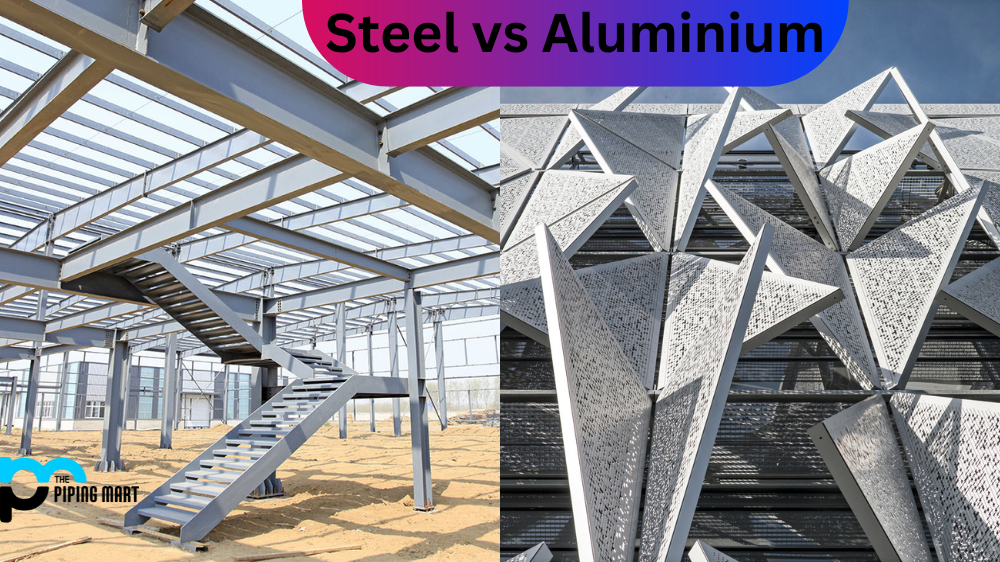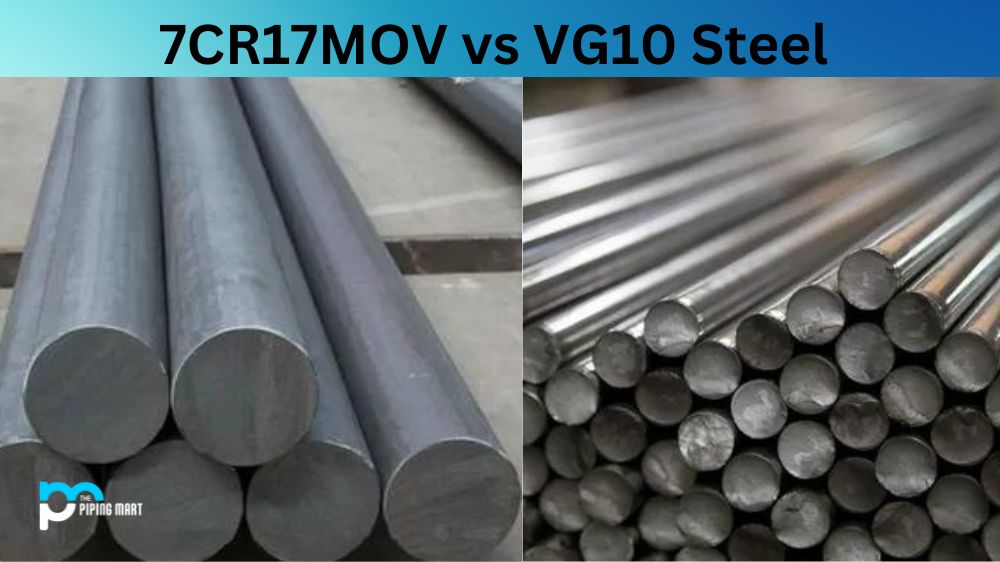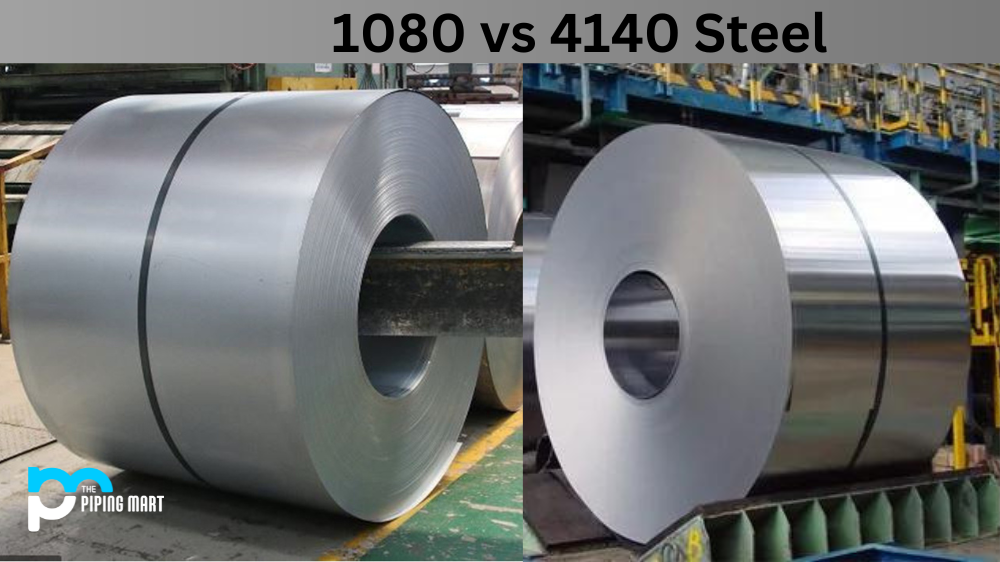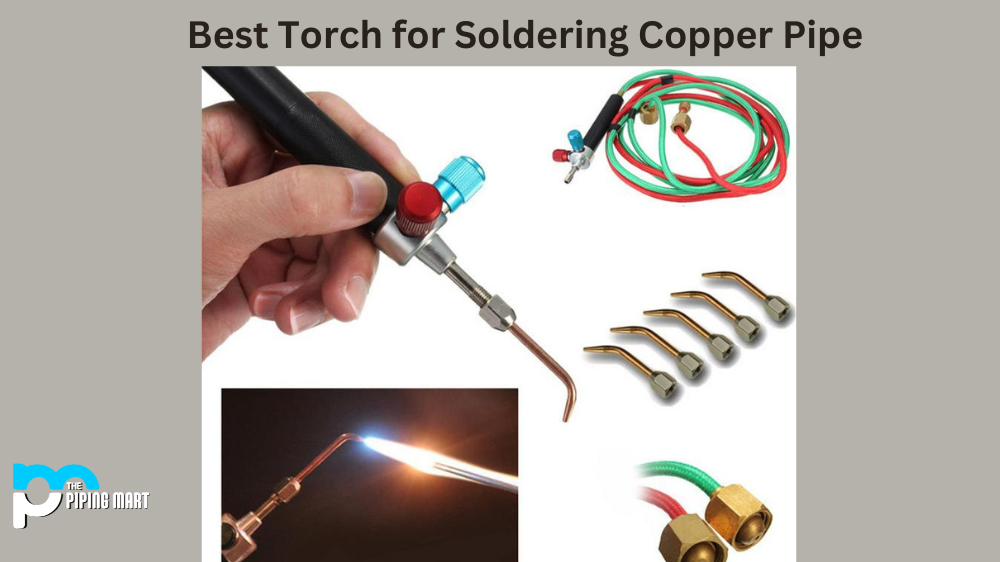When it comes to construction projects, two common materials used are steel and aluminum. But what’s the difference between them? Let’s explore the advantages and disadvantages of each in order to determine which is best for your project.
Steel
Steel is the most commonly used material in construction projects due to its strength, durability, and cost–effectiveness. Steel is also highly recyclable, making it an environmentally friendly choice. Steel is often used for structural components such as beams and columns, as well as for cladding and roofing.
Aluminum
Aluminum is a lightweight metal that is often used in construction projects due to its corrosion resistance and low maintenance requirements. Aluminum is also a good choice for projects that require a high level of insulation, such as windows and doors. However, aluminum is more expensive than steel and can be more difficult to work with.
Strength & Durability
Steel is a durable material that is known for its strength and toughness. It can withstand wear and tear from heavy loads and exposures over time, making it ideal for long-term durability. On the other hand, aluminum is lightweight but not as strong as steel, which means it may not be suitable for projects with heavier loads or those that require extra support. However, aluminum does tend to be more resistant to corrosion than steel, so if you need a material that will last in more extreme climates or environments, aluminum may be the better choice.
Cost Effectiveness
The cost of steel vs. aluminum depends on your budget. Generally speaking, steel tends to be more expensive than aluminum due to its strength and durability; however, if you need a lightweight material that won’t break the bank, then aluminum may be more cost-effective for your project. Additionally, some metals, like stainless steel, are even pricier than regular steel due to their increased resistance to corrosion and rusting. So depending on your needs, there are various price points available when choosing either metal type.
Maintenance Requirements
Both metals require periodic maintenance in order to keep them looking good and functioning properly over time. Steel needs regular cleaning in order to prevent rusting, while aluminum should also be cleaned regularly in order to maintain its shine and protect against corrosion. Depending on where your construction project is located—in an area prone to salt water or other corrosive elements—you might have different requirements when it comes to the maintenance of these materials.
Conclusion:
When deciding between steel vs. aluminum in construction projects, there are several factors you should consider, including strength & durability, cost-effectiveness, maintenance requirements, and environmental impact (if applicable). If you need a strong yet affordable option, then steel may be the better choice, whereas if you prefer something lighter weight, then aluminum could be the perfect solution. Ultimately it comes down to weighing up all factors involved in order to select the best material for your needs. No matter what you choose, though, make sure you factor in regular maintenance, as this will help ensure your project lasts longer without any issues!

Meet Bhavesh, a seasoned blogger with a wealth of knowledge and experience. From metal products manufacturing to retail, Bhavesh has a diverse background in various industries and is dedicated to sharing his insights and expertise with readers.




